Student Blog
Admissions
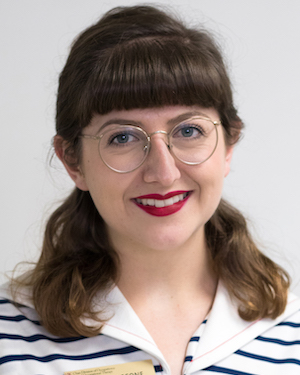
Five ways to make the OTD more affordable ⟩
January 23, 2019, by Antonietta
Admissions Life Hacks
Like I mentioned in my previous blog Choosing a Residency Site, off the bat it seems like a USC affiliate site is the best financial package and the whole prospect of affording the OTD without it seems impossible. I’m here to tell you that is not the case! Yes, the OTD at USC is expensive but here are five steps I took to make it more affordable:
- The most direct one was finding a residency site that hired me on as an occupational therapist once I got my license. I looked at Glassdoor to get a sense of what entry level pay was like and mine is a few dollars lower because of the mentorship and training that I receive. I can cover about 50% of my Fall/Spring tuition (before any scholarship) by completing 20 hours of residency work per week. This percentage will change over the summer when I’m working full time at my residencies.
- The next one was a question of weighing pros and cons. First the background: in the Master’s you pay a flat rate for 18 units of tuition and for the Doctorate you pay for each unit you take. During the Fall and Spring of the second year of the Master’s you are not required to take the full 18 units and there are opportunities where you could be. In the Fall, you can do Directed Research (OT 590) for 2 units and during the Spring you can load up on elective credits to reach the full 18. Elective credits taken during the Master’s carry over to the Doctorate and if you do the max units both semester you do not need to take any elective during the OTD. This saves you up to 4 units at approximately $1800 per unit. I found 18 units manageable but it was noticeably more work than my classmates who were not doing it . . . so consider that as you plan your semester!
- There are some paid positions in the Division available only to OTD students. I am the classroom assistant for two courses. Since the professors know that you are also a student in an intensive course of study, I have found they are easy to work with and I can adjust my schedule to manage both these positions and my doctoral work. I personally enjoy being connected back to the Master’s program and working with professors that I was inspired by when I was in their classrooms.
- Keeping my grades up! There is scholarship from the Division for the OTD based on academic achievement. This includes GPA as well as participation and impact in the Division during the Master’s.
- Finally, I’ve known since I started the program that I wanted to pursue the OTD, so I did some things to prepare for the expense including working during the Master’s. I picked up 5-7 hours per week and it helped cut down on my expenses during the Master’s which made taking on the financial burden of the additional OTD year slightly less intimidating.
I’m not going to talk about loans or scholarship because it is very similar to the Master’s. There have been some great Ambassador blog posts written about these topics in the past so definitely check those out. I hope that sharing this part of my OTD experience demonstrates that there are ways to make the OTD work financially and for me, it has been worth every penny.
⋯

To do, or not to do . . . the OTD ⟩
November 27, 2018, by Antonietta
Admissions Life Hacks
With OT moving in the direction of an entry level doctorate, you might be one of the last groups of OTs deciding whether to elect to pursue the D! I obviously chose to, but I still considered a number of things. Some were more practical, like I knew it was unlikely that I would come back to school for a third time to do it later and I qualified for the accelerated acceptance to USC’s program with advanced standing. But some were more esoteric. Reflecting on the experience of making that decision, I created a list of things I considered. I did not have specific answers to each one, but I was excited about this type of question.
- What practice area or deep interest would you like to focus on during this experience? Remember a practice area can be a clinical setting but also research, policy, administration, program development, or education.
- Does doing projects like a literature search about the population needs and best practices in the area of your proposed residency excite you?
- Are you interested in current issues in OT and critically problem solving how to address them?
- Are you interested in blazing the trail for the future of occupational therapy and being a leader in the field?
- What sort of experience do you want your residency to be and what are you hoping to get from it as well as from your faculty mentor at USC?
Doing the OTD at USC differentiates your level of commitment to your education. It will set you apart from other applicants because you will have gained above entry level clinical skills, done in depth work in an advance practice area, developed a meaningful program, done ground breaking research, contributed to discussions around policy and administration, and/or developed your skills to educated the next generation of occupational therapists. You will have honed your leadership skills and be set on the path to be a leader in our field.
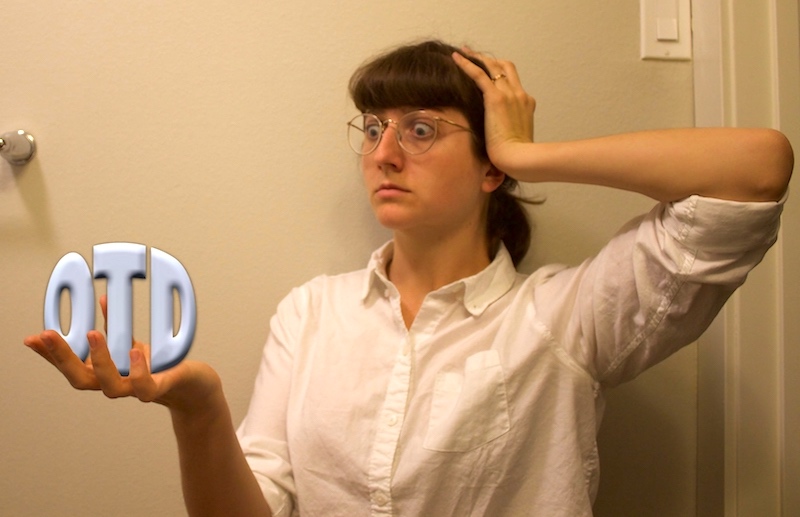
⋯
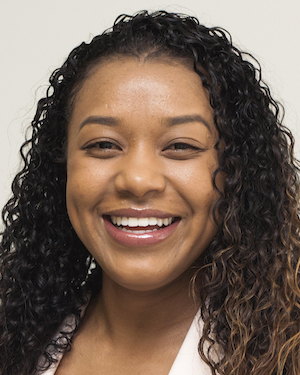
Latino College Expo ⟩
November 15, 2018, by Serena
Admissions Diversity
What a great turn out at this year’s 5th Annual Latino College Expo™!
What is the Latino College Expo?
Mostly comprised of high school and middle school Latino students, the event had recruiters from higher education (like me) and positive post-secondary pursuits (like recruiters from Disney Animation). The event had resources on grants, loans, and the Dream Act; additionally, information on internships and career opportunities were given.
What did I do at the event?
While raising awareness about USC’s OT program with Diego Lopez, an occupational therapy doctorate (OTD) student, we spoke to over 300 high school students and even middle school students, (yes 8th graders :0) about OT. I wish I would have known about OT when I was in 8th grade! It was such an incredible sight to see so many young students not knowing what OT was but then realizing that their unique interests could be found in OT. For example, there were students interested in design and mechanical engineering and they realized that they could become an OT focusing on helping individuals live a more meaningful life by designing more functional prosthetics. Other students with a desire to pursue a major in criminology came to learn about OT’s role in forensic mental health and OT’s ability to work in the criminal justice system.
Given the age of the crowd, the middle and high schoolers were mostly interested in USC’s accelerated Bachelor’s to Master’s in Occupational Therapy program. They were amazed and thrilled to learn that they could receive their Master’s in just 5 years and their doctorate in occupational therapy in just one subsequent year!
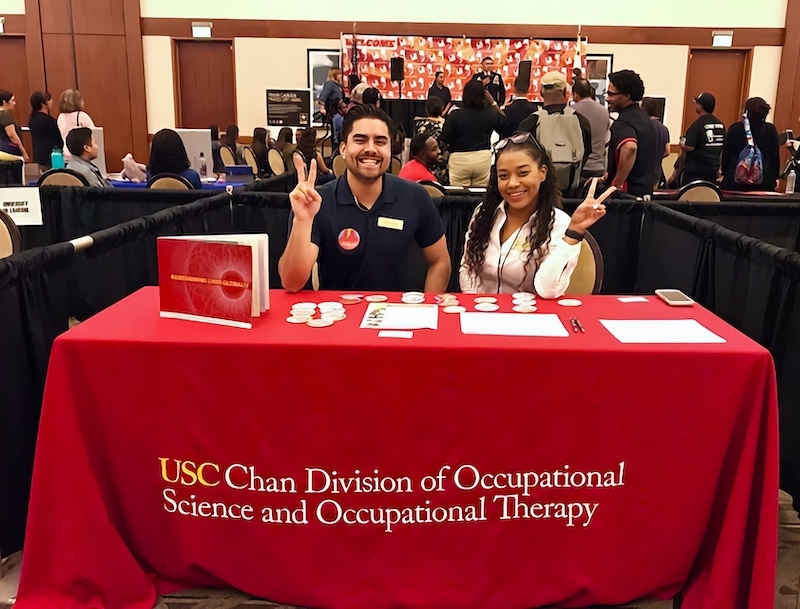
OTD student, Diego Lopez, and I educating high school and middle school students about USC occupational therapy programs at the 5th Annual Latino College Expo event in Pomona, California.
The highlight of the event!
One of the highlights of the event is when the host of the event came up to the USC Occupational Therapy booth and let me have the microphone! I was in utter disbelief. My face completely lit up! I was so surprised since I was the only booth she had given the ability to speak on the microphone in front of the ENTIRE crowd! You know I took full advantage of the opportunity! I politely yet firmly grabbed the microphone and proudly stated my OT elevator pitch with a huge smile on my face. I mean, the opportunity to spread awareness about the best profession in the world 😉 to over 600 people does not happen that often.
In the Future . . .
I am most definitely looking forward to attending the 6th Annual Latino College Expo next year. Maybe next time they will let me go on the main stage with the microphone!
20th Annual Black College Expo
Stay tuned for a post about the 20th Annual Black College Expo, which will take place at the LA Convention Center on February 2nd. If you are a current USC OT student or alumni of the program, please message me if you would like to attend the event and help raise awareness about USC’s OT program!
⋯
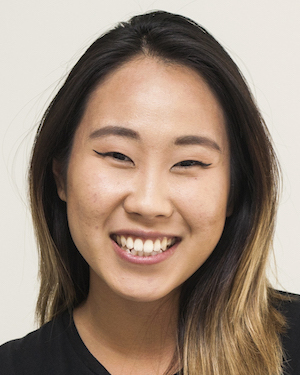
How to Apply to Grad School ⟩
November 1, 2018, by Joyce
Admissions Life Hacks
It’s tough. I thought I was done with common app years ago never having to go through such a system again. But luckily, it is possible and applying to grad schools does not have to be as stressful as it sounds! Hopefully these few tips will help you with your application journey:
1. Get to know the system
&& I mean every system, the OTCAS, the GRE website, the USC admissions portal. Each website and server that the school uses varies. Become familiar with each of them so you understand how they work and function. I usually take a day just to make an account (also write your password somewhere so you don’t forget it!) to understand the system and then walk away from it. It’s important to do things in small increments because I find that doing everything at once can be super overwhelming.
2. Read the prompt!!!
OTCAS has a prompt. Each school you apply to will probably have a different prompt that you need to cater your essay to. It’s super easy to get distracted while you write and while you write you start to think of new ideas and stories to include. It’s important that you keep true to the prompt at hand and make sure that it answers it!!! It’s awesome that you went sky diving in Thailand, took care of endangered elephants, and worked with the community. But if the prompt is asking about how you define OT, you better put in somewhere in that story that connection to OT. That being said . . .
3. Have people you trust to read your personal statement
I say this carefully because you have limited time and so does everyone else. Go to the friends/mentors that you know have strong writing skills and ask them to read over your essay. This will maximize the time you have and also allow for constructive feedback as to how to better your statement.
4. Reach out
Working with the admissions team now, I understand how valuable it is to put a face to a name. Reach out to the admissions team of the program and ask questions. Who better to answer the questions that you have than those who will be reviewing your applications? Ask about pre-requisites, GRE scores, and student life. More often than not, your questions will be answered. In addition, if possible, try to go for an info session and explore what the learning environment is like. You will be committing 2.5 years of your life to this program, you would want to know what your day to day life would look like!
5. Organization
This is the last and most important advice I can provide. STAY ORGANIZED. Whether that’s through a color-coded calendar or reminders on your iPhone, deadlines will come and go. Things will fall through the cracks if you’re not vigilant about deadlines, fee waivers, payments, etc. Personally, I printed out on a word document all the schools I planned to apply for, their respective due dates, and the prerequisites of each program. Then throughout the month, I would highlight through the ones that have been completed and done with. It gave me the satisfaction of being done but also that visual reminder of what more needs to be done.
It’s possible. Take a deep breath and believe in yourself. Don’t forget to engage in self-care activities throughout it all. Good luck!
⋯
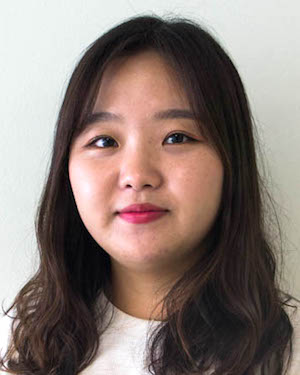
Pre-Master’s Program for International Students ⟩
October 29, 2018, by Goeun
Admissions International Life Hacks
Many international students think that they should be prepared all before they apply for a Master’s Program and before they come to study abroad. However, there is one other way which I did and I want to introduce to you. I learned English in the USC International Academy before I start my Post-Professional Master’s program in our division. The program was called Pre-Master’s Program and I’ll tell you more detail.
- How to apply
The process of application is basically the same: we need a personal statement, letter of recommendation, GPA, but one major difference is that we don’t need GRE score yet to get into Pre-Master’s Program. Actually, this program helps us prepare GRE and meet the score. Also, there is no specific deadline but be sure to think about the start date of your Master’s Program. - What to learn
Once you apply for the program and get admitted, that means you’re conditionally accepted to Master’s Program! In the Pre-Master’s Program, you’ll learn three core courses which are writing & grammar, reading & vocabulary, and communication skills, and two elective courses depending on your choice (e.g., GRE, public speaking, job-ready, American cultures, academic integrity, etc.). - How to transfer to Master’s Program
To transfer to Master’s Program, you need to get an average B score in core courses and C on your elective courses. Also, depending on your Master’s Program, you need to meet your GRE score during the Pre-Master’s Program.
For me, it was a great experience to not only learn English and different teaching styles from my country but also meet many students from different countries and different majors. If you want to apply to school but worried about your English proficiency, think about this way!
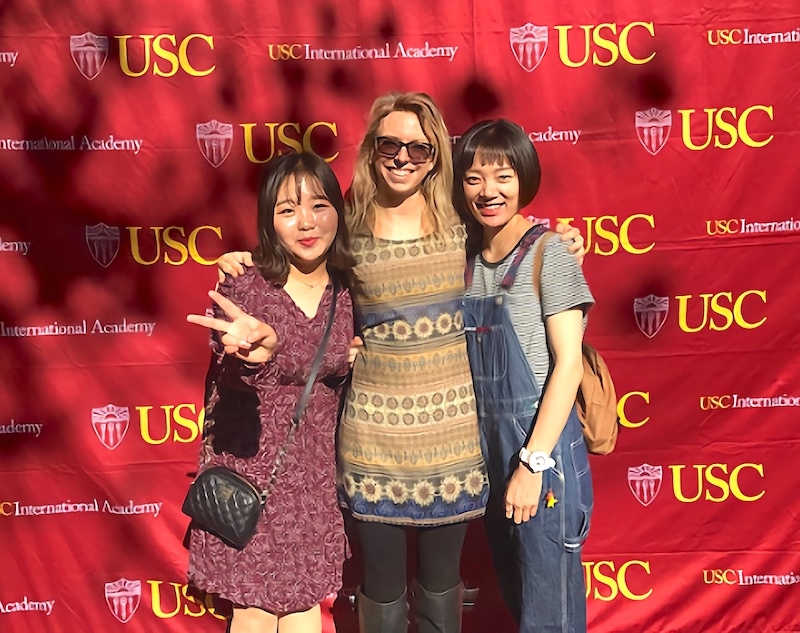
Ending ceremony is held each semester to celebrate students who graduate from USC International Academy.
⋯





